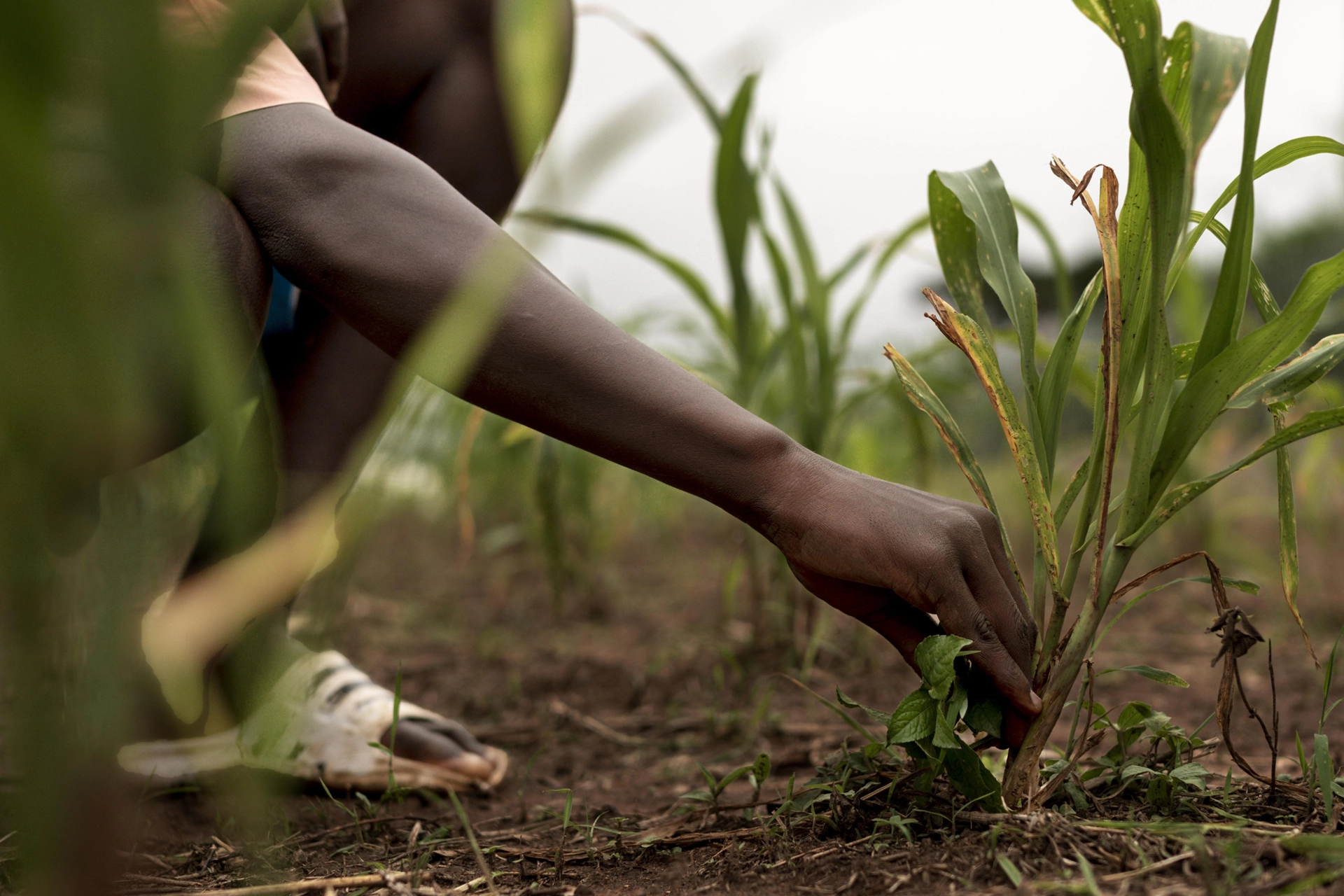
Agriculture is a high-risk venture, especially in developing countries where smallholder farmers face a barrage of challenges—from unpredictable weather to poor infrastructure and limited market access. Tradepatnas Nigeria Limited has designed a robust agribusiness model that not only empowers farmers but also proactively mitigates risks that could threaten productivity and profitability.
In this blog, we break down the common risks in agriculture and explore the powerful systems Tradepatnas has put in place to address them effectively.
The Harsh Reality: Key Risks in Farming
Farmers often face setbacks like:
- Floods and erosion
- Pests and diseases
- Soil degradation
- Market access and price instability
- Lack of quality seeds and fertilizers
- Theft and insecurity
- Poor infrastructure
- Post-harvest losses
These challenges can wipe out months of hard work and leave farmers in debt or worse—out of business.
Tradepatnas’ Comprehensive Risk Management Framework
Tradepatnas takes a holistic approach to risk—from farm to market. Here’s how:
1. 20% Contingency Margin
- Tradepatnas budgets an extra 20% in every farming cycle.
- This acts as a buffer for unexpected losses, such as:
- Bad weather
- Crop failure
- Theft or damage
- Transportation delays
This financial cushion ensures that the farm remains operational and profitable, even during unpredictable times.
2. Smart Soil and Seed Management
- Soil testing is conducted before planting to ensure the land is healthy and productive.
- Only high-yield, disease-resistant crop varieties are used.
- Organic fertilizers and herbicides are distributed free of charge to smallholder farmers.
This reduces the risk of crop failure due to poor soil or low-quality inputs.
3. Integrated Pest and Disease Control
- The company provides farmers with eco-friendly pesticides and fungicides.
- Extension officers train farmers on:
- Early pest detection
- Crop rotation methods
- Natural pest deterrents
By controlling pest outbreaks before they spread, crop loss is minimized and food safety is improved.
4. Secure Farming Environment
- Tradepatnas collaborates with:
- Local hunters and youth groups
- The Nigeria Police
- Nigeria Security and Civil Defence Corps (NSCDC)
They conduct regular patrols and surveillance to protect the farm against theft, vandalism, and security threats.
A deep trench is also dug around the farm to prevent trespassing and herdsmen clashes.
5. Robust Insurance Policies
To cushion farmers and the company against financial loss, Tradepatnas has adopted comprehensive insurance measures:
- Fire, flood, and theft insurance
- Area Yield Index Insurance for crop shortfalls
- Medical, injury, disability, and life insurance for farm personnel
- Goods-in-transit insurance for produce on the move
These policies ensure financial stability when disaster strikes.
6. Post-Harvest Risk Mitigation
Post-harvest loss is a silent killer of farm profit. Tradepatnas tackles this through:
- On-site processing of unsold produce
- Cold storage and preservation units
- Conversion of waste into organic fertilizers and bio-inputs
These strategies not only reduce spoilage, but also create additional revenue streams from farm by-products.
7. Market and Sales Channel Security
Access to markets is a major issue for farmers. To address this:
- An e-commerce platform is under development for direct farm-to-consumer sales.
- Produce hubs with storage facilities will be set up in strategic locations.
- The company runs its own logistics network with GPS tracking.
This ensures products reach markets quickly and safely, improving income reliability.
8. Government and Policy Risk Management
Agriculture is heavily affected by government policy changes. Tradepatnas stays ahead by:
- Partnering with local, state, and federal agencies
- Working with international development bodies to align with global standards
- Advocating for farmer-friendly legislation and incentives
Being connected to policymakers helps reduce operational surprises.
9. Human Resource and Training Programs
- Farmers and their communities are trained in:
- Climate-smart agriculture
- Sustainable practices
- Financial literacy
- Cooperative management
- Skills acquisition programs are also offered for non-farming family members, reducing over-dependence on agriculture alone.
This improves the resilience and adaptability of farming families.
Summary: Key Risk Mitigation Features at Tradepatnas
✅ 20% contingency margin for emergencies
✅ Soil testing and high-quality crop varieties
✅ Free inputs: organic fertilizers, herbicides, and training
✅ Integrated pest and disease control system
✅ Trained local security with full government backing
✅ Strong insurance coverage for all farming risks
✅ Cold storage, produce processing, and waste conversion
✅ Tech-powered logistics and e-commerce sales channels
✅ Engagement with policymakers and regulatory bodies
✅ Lifelong training and skill acquisition for farmers
Conclusion:
Risk is a natural part of farming, but it doesn’t have to be crippling. Tradepatnas Nigeria Limited has built a model where resilience is baked into every layer—from soil to sales, from training to technology.
Through strong contingency planning, partnerships, and innovation, Tradepatnas is de-risking agriculture in Nigeria and giving smallholder farmers the tools they need to thrive, not just survive.



Mauris non dignissim purus, ac commodo diam. Donec sit amet lacinia nulla. Aliquam quis purus in justo pulvinar tempor. Aliquam tellus nulla, sollicitudin at euismod.